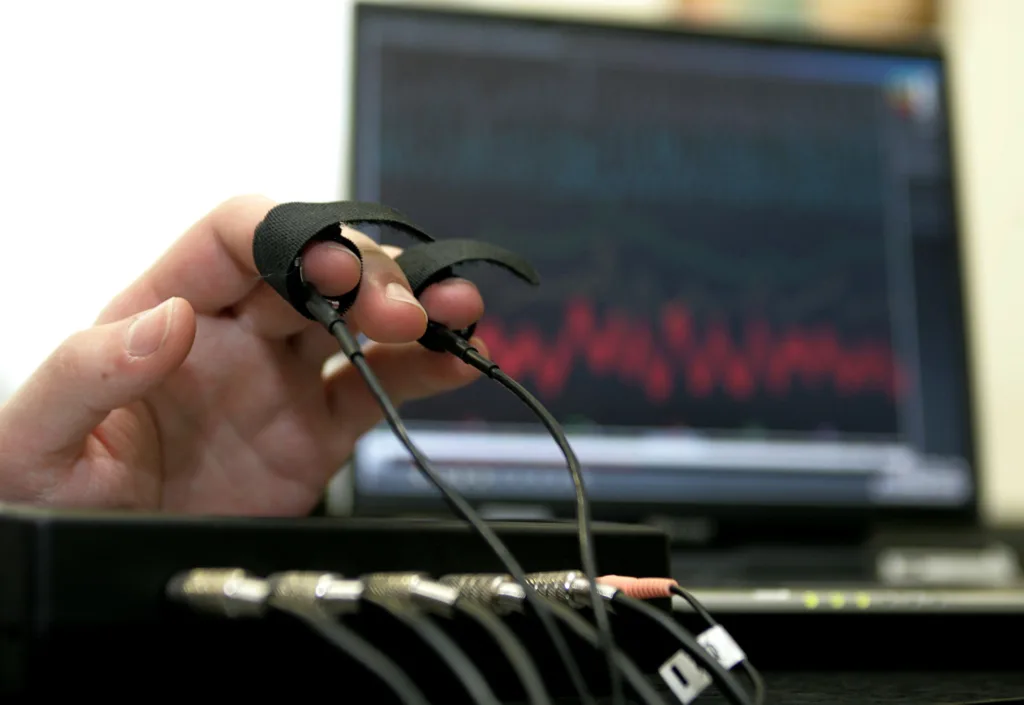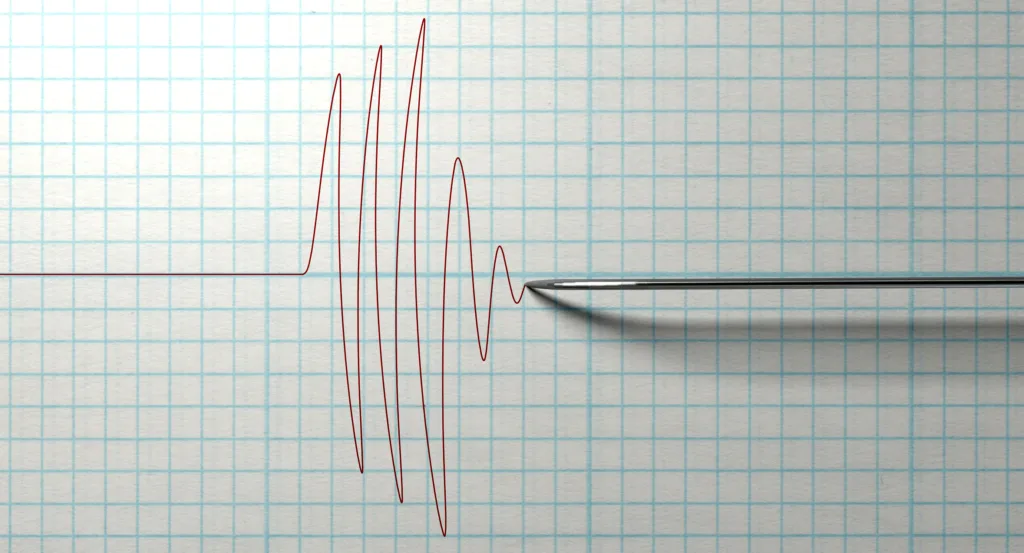A polygraph examiner, also known as a polygrapher, is a highly trained technician who administers lie detector tests to witnesses, suspects, and individuals involved in criminal trials. The polygraph machine is an instrument that measures physiological reactions, such as changes in blood pressure, breathing, and sweat gland activity, that are associated with lying.
Polygraphers are responsible for preparing subjects for testing, conducting the test, and analyzing the results. The testing process can take several hours, and a significant part of the job requires effective communication and dealing with nervous subjects. To obtain accurate results, polygraphers must ensure that subjects are relaxed and comfortable during the testing process.
Polygraphers use a variety of techniques to prepare subjects for the testing process. They may explain the testing process, answer any questions, and provide reassurance to the subject. Additionally, they may use relaxation techniques such as deep breathing exercises or guided imagery to help subjects feel more comfortable.
During the testing process, polygraphers monitor the subject’s physiological reactions as they answer a series of questions. The questions may include both relevant and irrelevant questions, and are designed to elicit a physiological response from the subject. Polygraphers may use a variety of techniques, such as control questions or guilty knowledge questions, to determine whether the subject is telling the truth.
After the testing process is complete, polygraphers analyze the results to determine whether the subject was truthful or deceptive. They may prepare reports about the results of the exam and submit them to their superiors. Polygraphers must be skilled at interpreting the results of the exam and must be able to communicate their findings effectively to others.
It is important to note that the polygraph is not infallible and there is some controversy surrounding its use in criminal trials. Some individuals may be able to deliberately distort their physiological readings, making it difficult for polygraphers to determine whether they are telling the truth. Additionally, some critics argue that the use of the polygraph may violate an individual’s right agaist self-incrimination.
Polygraphers are highly trained technicians who administer lie detector tests to individuals involved in criminal trials. They are responsible for preparing subjects for testing, conducting the test, and analyzing the results. While the polygraph is not infallible, it can be a useful tool in determining whether an individual is telling the truth.
What Do You Call A Polygrapher?
A polygraph examiner is commonly referred to as a polygrapher. Polygraphers are highly trained professionals who specialize in administering polygraph tests, also known as lie detector tests. These tests are often used in criminal investigations to determine if a person is telling the truth or not. Polygraphers use sophisticated equipment to measure various physiological responses of the individual beng tested, such as heart rate, blood pressure, and skin conductance. Based on these measurements, they can provide an assessment of the individual’s honesty or deception. a polygrapher plays a critical role in the criminal justice system and helps to maintain the integrity of investigations and trials.

What Is A Polygraphist?
A polygraphist is a professional who possesses expertise in operating a polygraph, commonly known as a “lie detector.” This device measures several physiological responses like blood pressure, pulse rate, breathing rate, and perspiration on a person’s body while they answer a series of questions. The polygraphist’s role is to interpret the readings of the polygraph and determine whether the person is being truthful or deceptive. Typically, polygraphists are employed in law enforcement agencies, government agencies, private investigation firms, and other organizations that require screening for security or investigative purposes. Their skilled use of the polygraph helps to uncover information that may otherise have been concealed.
Is Being A Polygraph Examiner Hard?
Being a polygraph examiner can be a challenging job that requires a high level of skill and expertise. The job involves preparing subjects for testing, conducting tests, and analyzing results, which can take severl hours. Effective communication skills are essential, as examiners must deal with nervous subjects and help them feel comfortable during the testing process.
In addition to conducting tests, examiners must also prepare reports about the results and submit them to their superiors. This requires a high level of attention to detail and the ability to accurately analyze and interpret data.
Being a polygraph examiner requires a combination of technical skills, communication skills, and attention to detail. While the job can be challenging at times, it can also be rewarding for those who are passionate about helping to uncover the truth and ensure justice is served.
How Do People Cheat On Polygraphs?
Polygraph tests, also known as lie detector tests, are designed to measure physiological responses such as heart rate, blood pressure, and breathing patterns to determine if a person is lying. However, there are several ways people can cheat on polygraphs. One common method is to deliberately distort their physiological readings by biting their tongue or imagining an embarrassing incident in the past while telling the truth. This can cause their physiological responses to be similar when telling the truth and lying, making it difficult for the polygraph examiner to determine if they are being truthful. Another method is to practice relaxation techniques before the test, such as deep breathing or meditation, which can help control their physiological responses and reduce anxiety. Some people may also try to manipulate the questions asked during the test by providing ambiguous or vague answers, or by providing false information to confuse the examiner. It is important to note that cheating on a polygraph test is not recommended and can have serius consequences, as it is considered to be a form of fraud or deception.

Conclusion
A polygraph examiner is a highly trained and skilled technician who conducts polygraph tests, commonly known as lie detector tests. Their primary responsibility is to prepare subjects for testing, conduct the test, and analyze the results. The job requires effective communication and dealing with nervous subjects. Polygraph examiners must be able to interpret physiological readings accurately to determine if a subject is telling the truth. However, it is important to note that the reliability of polygraph tests is often debated, and they can be circumvented by individuals who deliberately distort their physiological readings. Despite this, polygraph examiners play an important role in criminal investigations and oher situations where truthfulness is vital.
